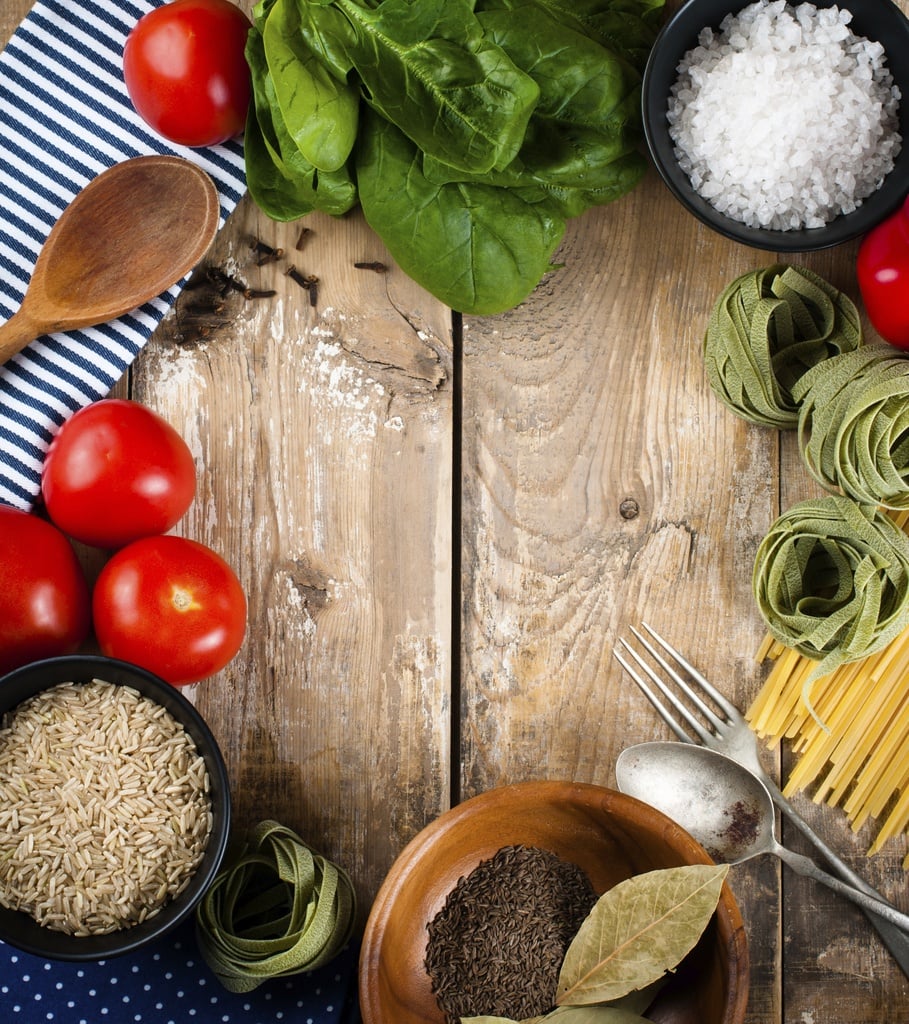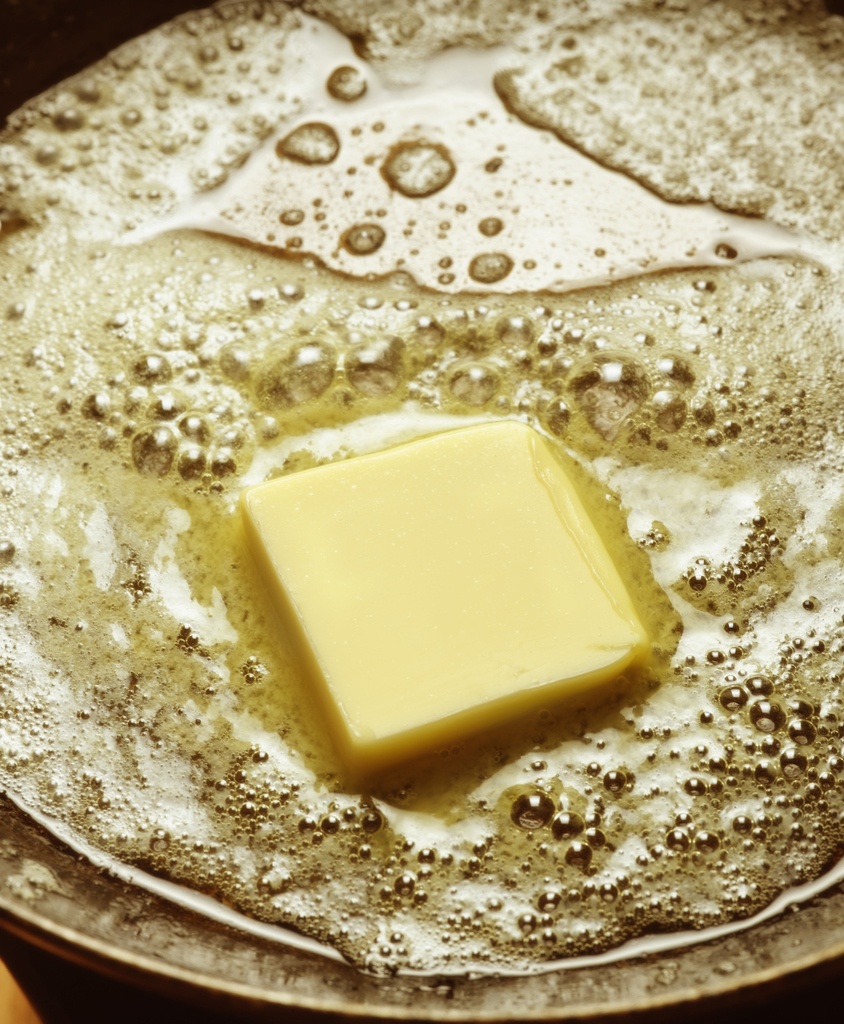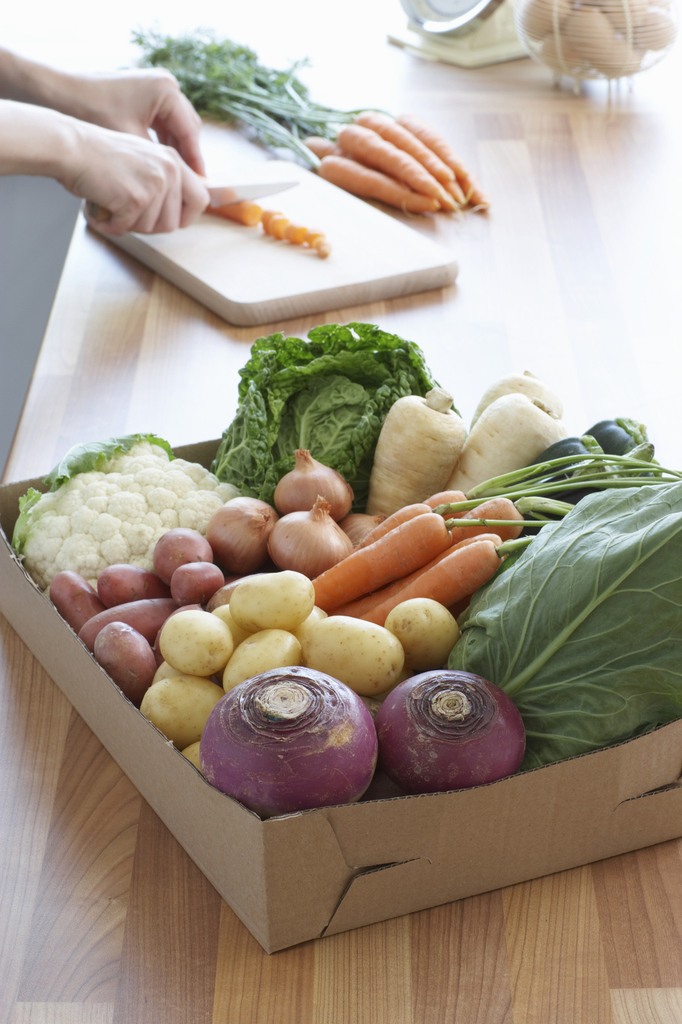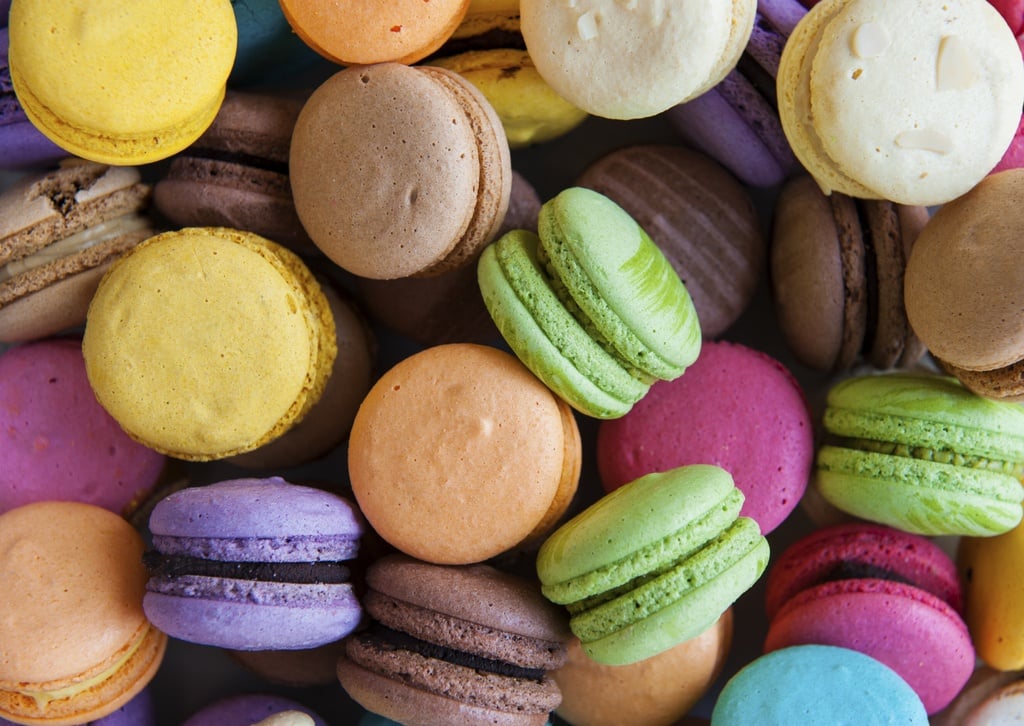Ah the French! Effortlessly chic, enviably nonchalant and so very fit and healthy. The French may not have a reputation for being the friendliest of nations, but they sure can cook! Their cuisine is so famous, steeped in history and super healthy that it’s even been given UNESCO world heritage status. What’s the secret to their success? This article breaks down the seven “secrets” to French cooking that you too can put into practice in your very own cuisine!
1. Eat as fresh and as natural as possible.
With their rich, agricultural history, France is obsessed with using natural, fresh ingredients. The idea of microwave-meals and other pre-prepared, processed foods has never really caught on, as people take great pride in preparing food from scratch, no matter how busy they are. A weekly trip to the local fruit and vegetable market is an almost sacred tradition among the older generations, and most people prefer to buy their produce from a market than from a supermarket chain or grocery store. By buying the freshest and most organic food you can afford, you are sure of everything you’re putting in your body, cutting down your risk of disease and imbalances caused by the hormones and additives found in most processed foods today.
2. Local and seasonal is always best.
The French seem to have an innate sense of what foods grow at different times of the year. I remember once using frozen raspberries to bake raspberry tart for my in-laws one December- it was met with looks of disbelief and I was told “you must be the only woman in the whole of France to bake with raspberries in the winter!”. French eating is governed by the seasons, and traditions have been built around the availability of certain foods at certain points in the year. But this is not just for quaint, old tradition’s sake – it’s a major money saver. Buying produce in season when it is at its cheapest can save you a lot on your weekly grocery shopping. Buying local is also more cost effective, better for the environment and a great support to local industry and agriculture.
3. Let your ingredients be your seasoning.
French recipes don’t often call for a lot of salt or seasoning. They seem to know instinctively which ingredients to combine for complementary flavors: seafood with lemon, red meat with mustard, potatoes with hard cheese… the list goes on! To rely on your ingredients to flavor your dishes, you first need to learn how best to cook them to retain as much taste and flavor as possible. The French are big fans of steaming, grilling and braising- all healthy, fat-free ways to prepare delicious french meals.
4. Fat is your friend!
Authentic French recipes will seldom require food to be prepared in olive oil or other “healthier” oils. The French love their butter, and they don’t skimp on the full fat milk or cream either! Many vegetable side dishes are even fried in lardons- very thin strips of bacon fat! And yet they have some of the lowest rates of heart disease and cholesterol in Europe! How is this possible? Fresh, organic dairy and other fat products are healthy (just as healthy as olive oil, which loses its health properties as soon as it’s heated up) as long as they are consumed in moderation, not more than three or four times a week, and not heated for prolonged periods of time.
5. Waste not… want not!
Native Americans used every part of the buffalo- the French use every part of the carrot. French recipes have an ingenious way of finding a use for every part of the food- even the parts we usually throw away. Whether for seasoning and flavor (poultry or meat bones, the leaves of some vegetables) or as ingredients in their own right, such as carrot leaf soup. The French don’t like to waste food, and save themselves time and money by not doing so.
6. Every meal is a celebration!
The idea of grabbing a quick bite to eat is completely alien here in France. You will never see a French person eating on the run. In fact, between the hours of 12:30 pm and 2:30 p most businesses shut down, shops close, pharmacies put up their “back soon” signs as the working world as we know it grinds to a halt. EVERYTHING shuts down for lunch. For the French, every meal is a celebration, the highlight of the day, and should be treated accordingly. Time should be taken to enjoy each part of the meal, accompanied by a drink of choice, whether wine, beer or water. The food, company and conversation should be savored. From childhood, the French are taught that food is a pleasurable and integral part of life, and therefore develop healthier eating habits as they grow up.
7. Everything in moderation.
In France, they don’t believe in deprivation. In fact, even some food allergies and intolerance are met with disbelief! The french enjoy their treats- buttery pastries, cakes and tarts, cheese after every meal, chocolate and desserts, and they still are some of the thinnest on the European continent. How do they do it?The key is: everything in moderation. A French lady will allow herself a macaroon but not two, children are allowed dessert but only after a healthy meal, the business world wakes up to a croissant every morning, but won’t eat anything else until lunch. By allowing yourself to slowly savor and enjoy your food, you too will learn how to tell when your body is full, and not fall into the trap of overindulging in unhealthy treats!
French cuisine has long been the envy of the rest of the world. But now you know some of their “secrets”, you too can enjoy healthy and delicious food à la française in your very own kitchen!
Bon appétit!
Featured photo credit: Thinkstock Photos via thinkstockphotos.co.uk



















































